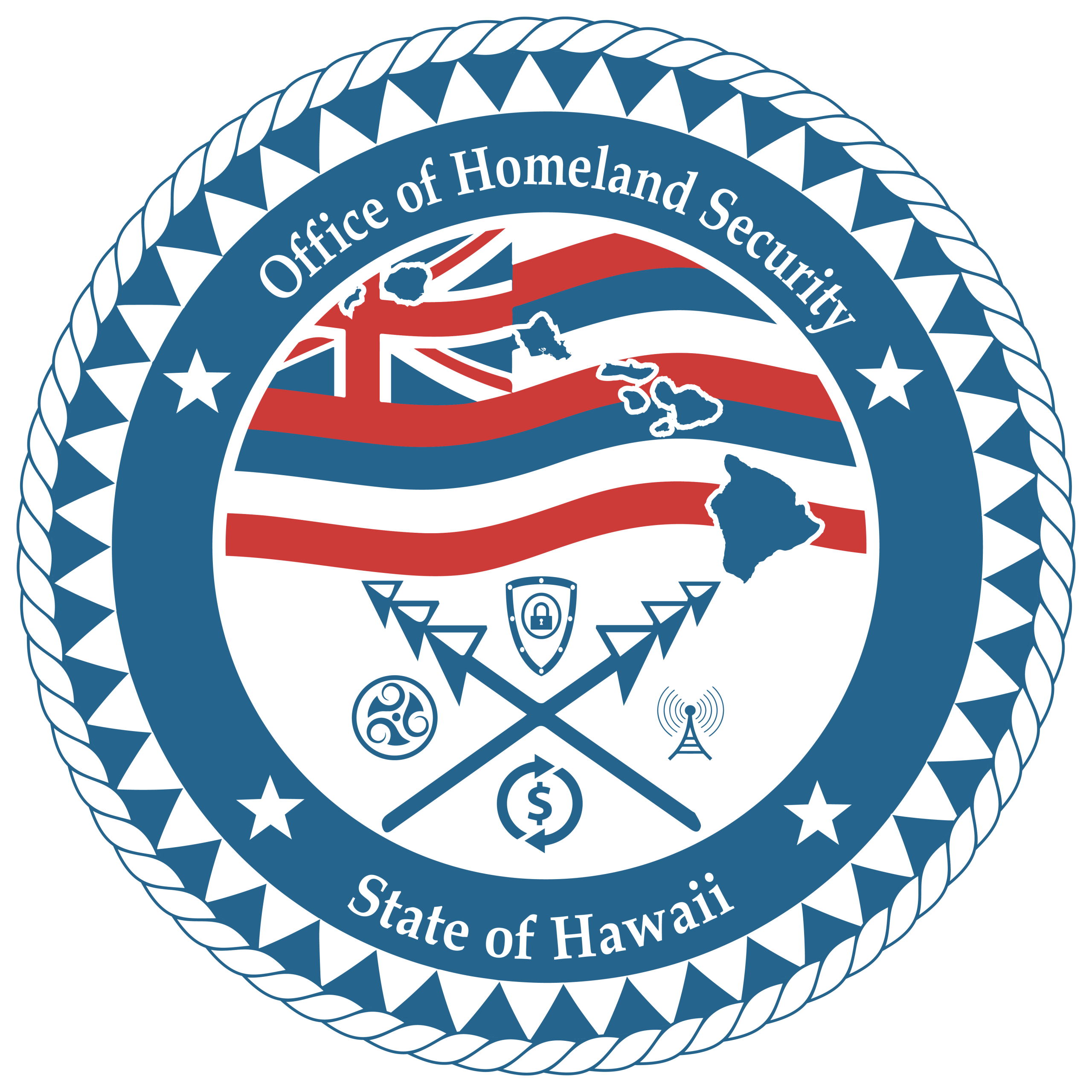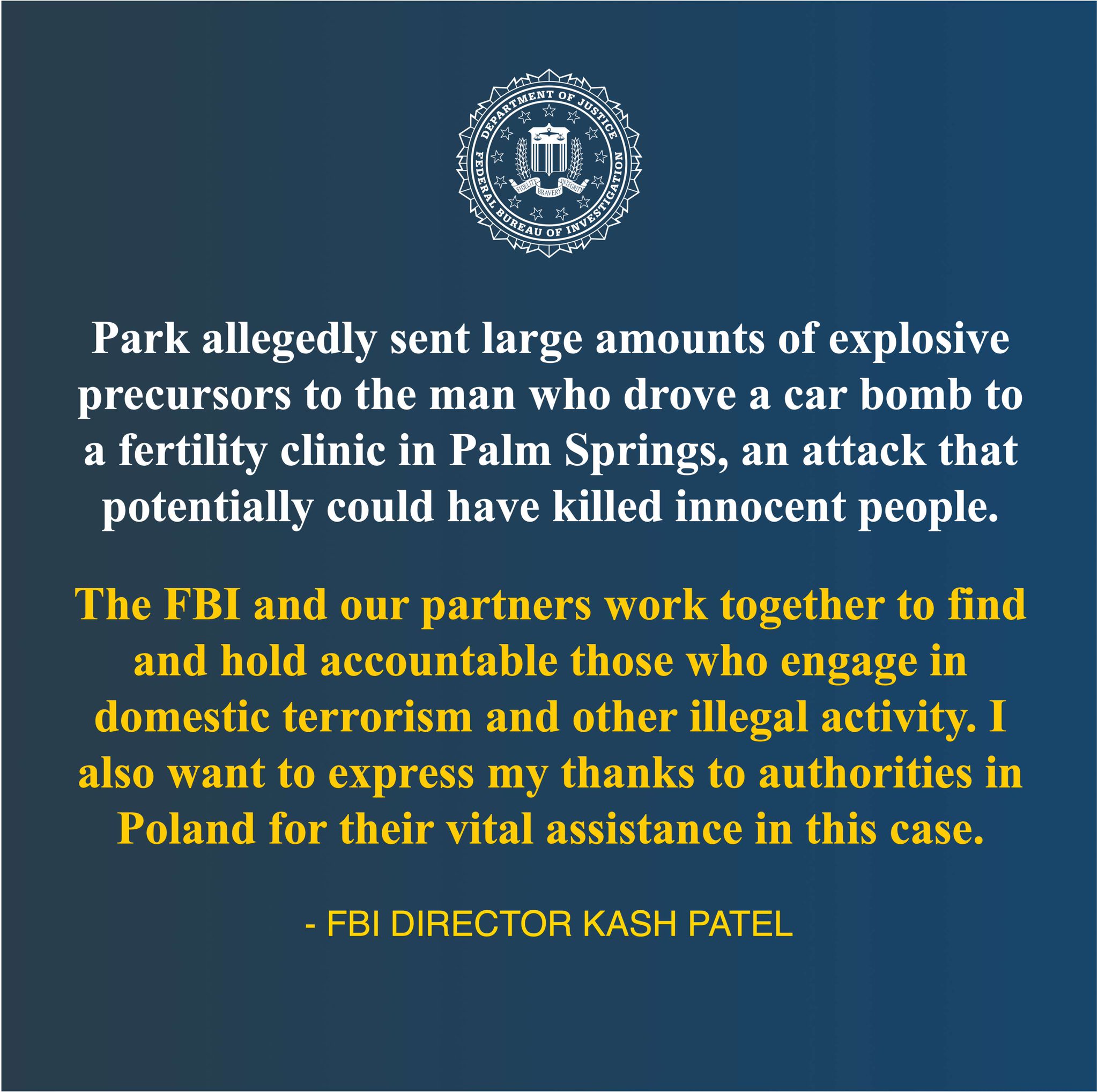Cybersecurity Product Roadshow
The Cybersecurity Product Roadshow is now open for registration! We will be co-hosting events in each county alongside CyberHawaii to provide exercises designed to prevent, respond to, and recover from a cyber incident. Who: YOU! Any government or private sector…
Read More Cybersecurity Product Roadshow







 ethical…
ethical… 
